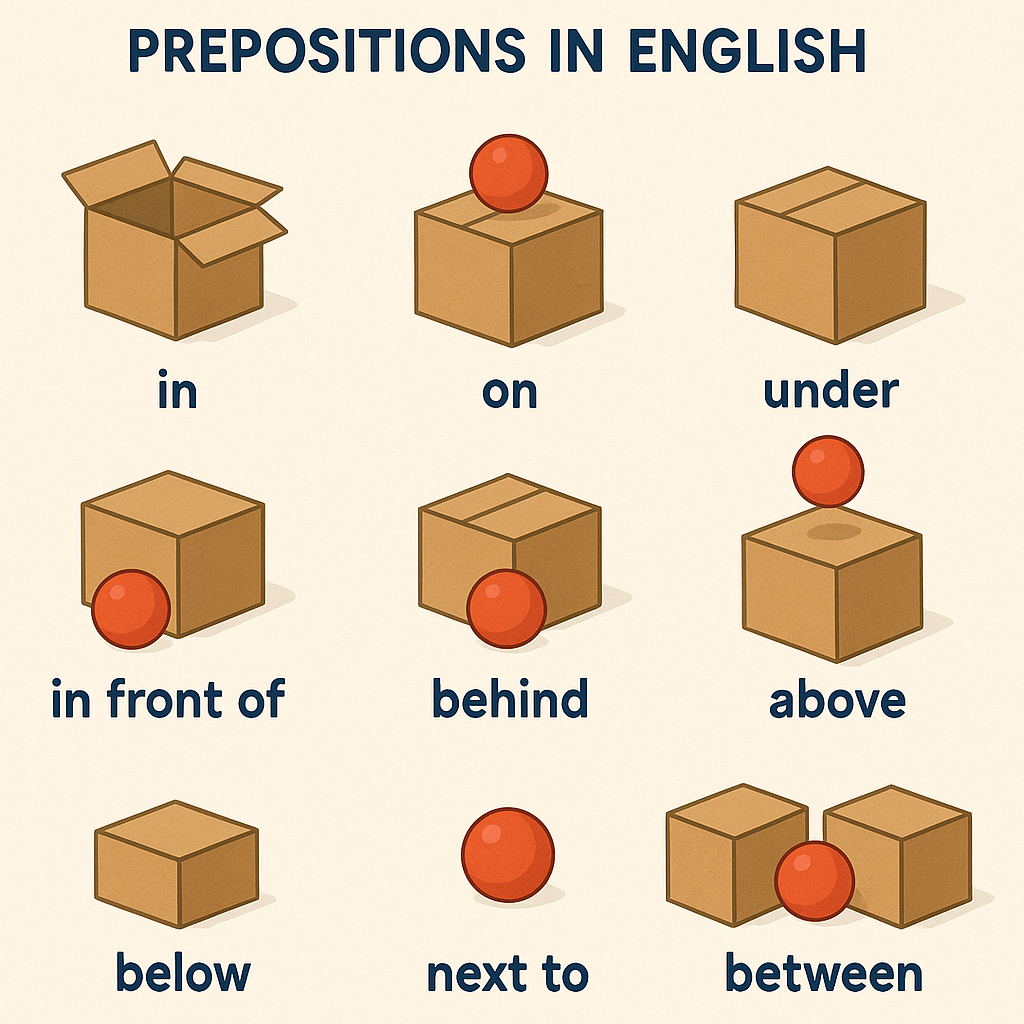The Great Preposition Debate: British vs. American English Explained
Why do Brits say “at the weekend” while Americans say “on the weekend”? Dive into hilarious and insightful language quirks across English and Swedish.
LANGUAGE
Zayera Khan
10/29/20253 min read


Or: How I Learned to Stop Worrying and Love "At the Weekend"
Prepositions. Those tiny, innocent-looking words that somehow cause more international incidents than disputed border territories. They're the linguistic equivalent of那个 banana peel that everyone keeps slipping on, except the banana peel changes shape depending on which side of the Atlantic you're standing... or is it which side of the Atlantic you're standing on? See? It's already started.
British vs. American: The Preposition Cold War
Let me paint you a picture. An American walks into a British pub and announces, "I'll be on vacation starting Monday." The record scratches. Glasses pause mid-air. Someone in the corner whispers, "They said on vacation." The bartender slowly puts down the pint glass. "You mean you'll be on holiday... and it starts on Monday, does it?"
This is not a drill. This is preposition warfare.
The Weekend Incident of 1776
Perhaps nothing divides our peoples more than the weekend. Americans exist peacefully ON the weekend, like sensible people standing on solid ground. Meanwhile, the British insist on being AT the weekend, as though weekends are specific geographical locations you must navigate to, like "at the station" or "at Tesco's."
British person: "What are you doing at the weekend?" American person: visible confusion "I... I'll be at my house? On the weekend?" British person: "Yes, but what will you be doing at the weekend whilst you're at your house?" American person: brain melts
The Street Where You Live (Or Is It On Which You Live?)
Americans live on streets. This makes perfect sense—streets are surfaces, you stand on them, your house is on them. Logic prevails.
The British? They also live on streets. Plot twist! This is the one thing we agree on! There's hope for humanity after all!
But wait—Americans live on Main Street. The British live in High Street. Why? Nobody knows. The preposition gods work in mysterious ways.
Different Prepositions, Same Language
Here's a fun game: spot the American!
British: "She's in hospital." / American: "She's in the hospital."
British: "Write to me." / American: "Write to me... wait, we agree on this one."
British: "It's different to/from the other one." / American: "It's different from the other one." (Americans will fight you on "different than.")
British: "I'll do it at once." / American: "I'll do it right away." (Fine, that's not a preposition, but I'm on a roll.)
British: "Half eight" (no preposition needed apparently, just chaos) / American: "Half past eight."
And my personal favorite:
British: "I'm sat/stood here." (Preposition MIA, just vibing) American: "I'm sitting/standing here." (Preposition also MIA, also vibing, but differently)
Swedish: When Prepositions Become Performance Art
Now, if you think English speakers have problems, let me introduce you to Swedish, where prepositions decided to form a union and demand better working conditions.
In Swedish, you don't just use a preposition—you use a preposition, then you snap another preposition onto the verb like linguistic LEGO. These are called "particle verbs," but I call them "preposition centipedes."
English: "I'm going out." Swedish: "Jag går ut." (I go out—fine, normal, we're all friends here)
English: "I'm calling you." Swedish: "Jag ringer upp dig." (I ring UP you—why are we ringing upwards? Who knows!)
English: "I'm turning on the light." Swedish: "Jag tänder på lampan." (I light ON the lamp—honestly, fair enough)
But here's where it gets spicy: Sometimes the preposition just attaches itself to the end of nouns like a barnacle. You're not reading a book, you're reading boken (book-THE). You're not at school, you're at skolan (school-THE). The preposition merged with the article, moved to the back of the word, and is now living its best life.
English speakers: "Where's the house?" Swedish speakers: "You mean huset? The house-THE? It's over there-THE probably."
And don't even get me started on "på." This one preposition in Swedish means on, at, in, by, and "because I said so":
På bordet (on the table)
På engelska (in English)
På måndag (on Monday—wait, Americans, we're back on your side!)
På tok (too much—this one is just showing off)
The Universal Truth
Here's what I've learned after years of linguistic trauma: Every language treats prepositions like a secret society with arbitrary rules that exist purely to identify outsiders. They're the linguistic equivalent of a speakeasy password.
You can speak perfect English, but say "I'm stood in the queue" instead of "I'm standing in line," and Americans will politely smile while internally screaming. Say "on line" instead of "in line" (looking at you, New York), and the rest of America will join the screaming.
Prepositions are where fluency goes to die and native speakers go to feel smug.
So the next time someone corrects your preposition usage, just remember: somewhere, a Swedish person is figuring out whether to "tänka på" (think on) or "tänka om" (think again/about) something, while having a completely different grammatical crisis than you are.
We're all just doing our best with these tiny chaos agents we call prepositions.
Written from my desk. At my desk? By my desk? The prepositions have taken my confidence and I want it back.
Written with the aid of Claude.ai

